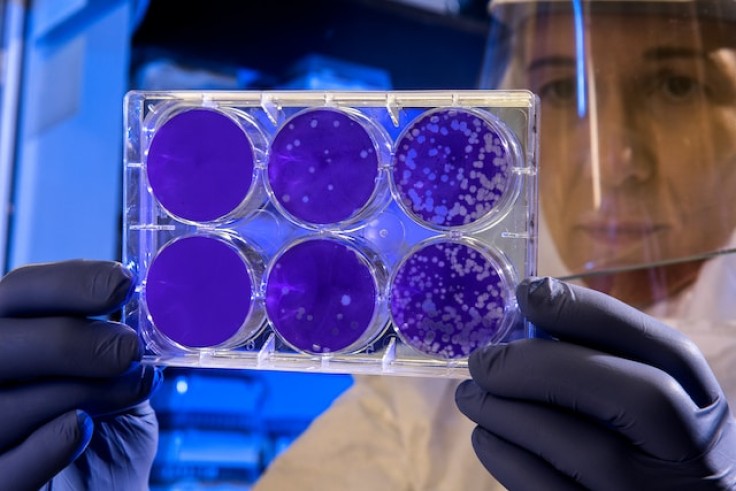
In a heartbreaking event that has sent shockwaves through the community, a 16-month-old boy in Arkansas died on September 4 from a rare and usually fatal infection caused by the brain-eating amoeba known as Naegleria fowleri.
The small infant's serious illness "destroys brain tissue, causes brain swelling, and can cause death in some cases," according to a press release from the Arkansas Department of Health, and after spending several days in the hospital, the youngster was unable to recover.
What Is Naegleria Fowleri?
Naegleria fowleri is a microscopic amoeba that is generally found in warm freshwater bodies like rivers, hot springs, and lakes, as well as in soil. This uncommon yet serious bacterium poses a hazard to the general public's health. The amoeba may infect individuals when water carrying the organism enters the body via the nose, most often when swimming or diving, according to the U.S. Centers for Disease Control and Prevention (CDC).
The olfactory nerves carry Naegleria fowleri to the brain once it enters via the nose. This is when primary amebic meningoencephalitis (PAM), an almost invariably fatal condition, starts to break down brain tissue. It's critical to realize that the virus cannot be transferred from one individual to another.
Although very uncommon, Naegleria fowleri infections can have disastrous effects. Only three Americans, on average, have this virus detected each year in the US. However, the prognosis is often dismal since the illness advances swiftly and nearly invariably results in death.
Upon learning of the tragic case, the Arkansas Department of Health launched an extensive investigation to pinpoint the likely source of the infection. Their investigations have led them to suspect that the toddler was exposed to the amoeba at the splash pad of the Country Club of Little Rock.
Subsequently, water samples from the club's pool and splash pad were sent to the CDC for rigorous testing. Early results revealed that one of the splash pad samples tested positive for viable Naegleria fowleri, while the analysis of other samples remains pending.
In the wake of these preliminary findings, the Country Club of Little Rock has voluntarily closed its swimming pool and splash pad facilities to prevent any further risk to the public. CNN has reached out to the country club for a comment but has not received a response.
Previous Cases and Ongoing Risk
This isn't the first time such a tragic event has occurred. The last recorded instance of Naegleria fowleri infection in Arkansas was in 2013. Moreover, a similar incident happened in Texas in 2021, where a 3-year-old child died after contracting the infection from a splash pad.
In light of these tragic incidents, the CDC recommends avoiding the inhalation of water while swimming in freshwater bodies, as the amoeba enters through the nose. The agency also advises against stirring up sediment at the bottom of these waters, where the amoeba is more likely to be found.
As the public awaits more conclusive information, this tragic event serves as a grave reminder of the importance of stringent public health measures, especially in recreational water facilities. It also underscores the urgent need for local and state health authorities to continually review and update safety guidelines to protect the most vulnerable among us, our children.